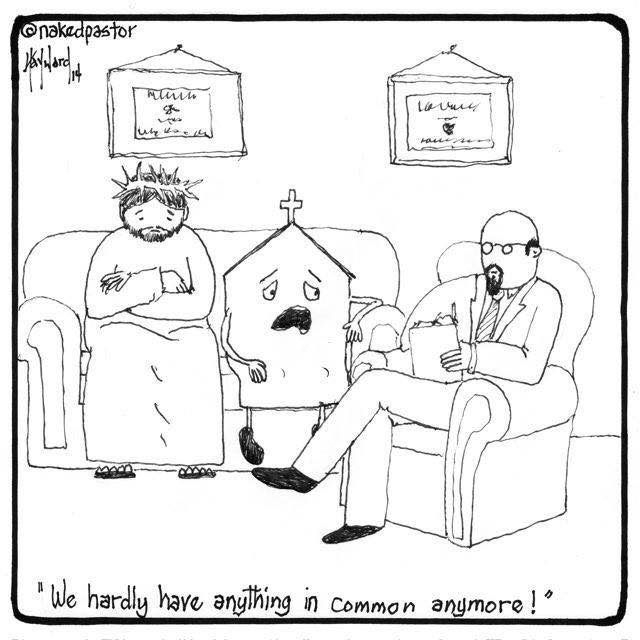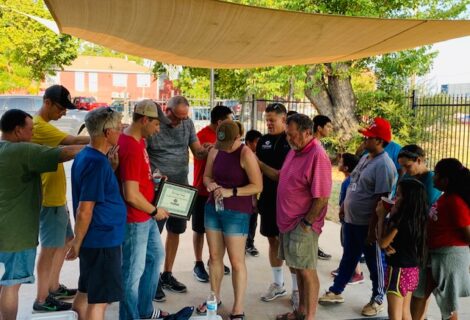Satire In Our Sacred Places
I am always right. At least according to the small voice in my head. Your questioning of my ideas or opinions, unchecked can lead me to a dark, resentful place. Gratefully I am learning. Learning to take myself less seriously, learning to take others criticism more constructively. I do NOT always get things right. What a relief to say that!
Satire (holding up our shortcomings to examination or even ridicule) is sadly in the news. Twelve lives were shortened, largely by misguided extremist attempting to silence the voices of critics, satirist. The murder’s miscalculation is that in silencing a few, they have now awakened the voices of countless others chanting “Je Suis Charlie” or “I am Charlie”. The right of freedom of expression and speech is the deafening cry in the streets.
Reflecting this week, I’ve pondered this question, “Could I become so angry and closed off to someone exposing my shortcomings that I would act out in violence”? I pray not. Though I confess my thoughts unchecked have led me to some pretty unsavory places.
What about Christians and churches as a whole? How do we respond to this idea of freedom of speech and expression? Are we open to others opinions? What about when someone unearths our shortcomings? How ruffled do our feathers become when someone questions or worse satirizes our ideology, methodology, or theology? Do we try and silence them?
So here’s a test. This week I viewed two works of satire and journalistic expression of the popular church culture of our day. I invite you to view the cartoon by David Hayword who draws under the name nakedpastor with the tag line of “graffiti artist on the walls of religion” and sit with his drawing.
Then I invite you to read the following commentary, yes criticism, of the modern church written by author Alan Roxburgh. Again, I invite you to sit with his words:
We need a movement of God’s people into neighborhoods, to live out and be the new future of Christ. It must be a movement that demonstrates how the people of God have a vision and the power to transform our world. This is not the same as current attempts to grow bigger and bigger churches that act like vacuum cleaners, sucking people out of their neighborhoods into a sort of Christian supermarket. Our culture does not need any more churches run like corporations; it needs local communities empowered by the gospel vision of a transforming Christ who addresses the needs of the context and changes the polis into a place of hope and wholeness. The corporation churches we are cloning across the land cannot birth this transformational vision, because they have no investment in context or place; they are centers of expressive individualism with a truncated gospel of personal salvation and little else.
Our penchant for bigness and numerical success as the sign of God’s blessing only discourages and deflects attempts to root communities of God’s people deeply into neighborhoods. And until we build transformed communities there is no hope for a broken earth.
My emotions were stirred by these two critical viewpoints of the church, one I have grown up in, and yes even led, in the past 35 years. Critical but in my opinion true. I am on my journey of finding a reconnect with the church Jesus envisioned and the church so desperately needed by those in our communities. I would love to know your thoughts.




























“Moving into the neighborhood” is gaining momentum in many different fields of practice. Community health is a growing practice in my field of hospital chaplaincy and health care. Community emotional and spiritual health should be (and hopefully will become or is becoming) a larger focus of those who call themselves followers of the way of Christ. Hospitals and the like have noticed the shift and as a result community health care agents are in high demand. Will the Church notice the shift and respond in due course? That is the question.